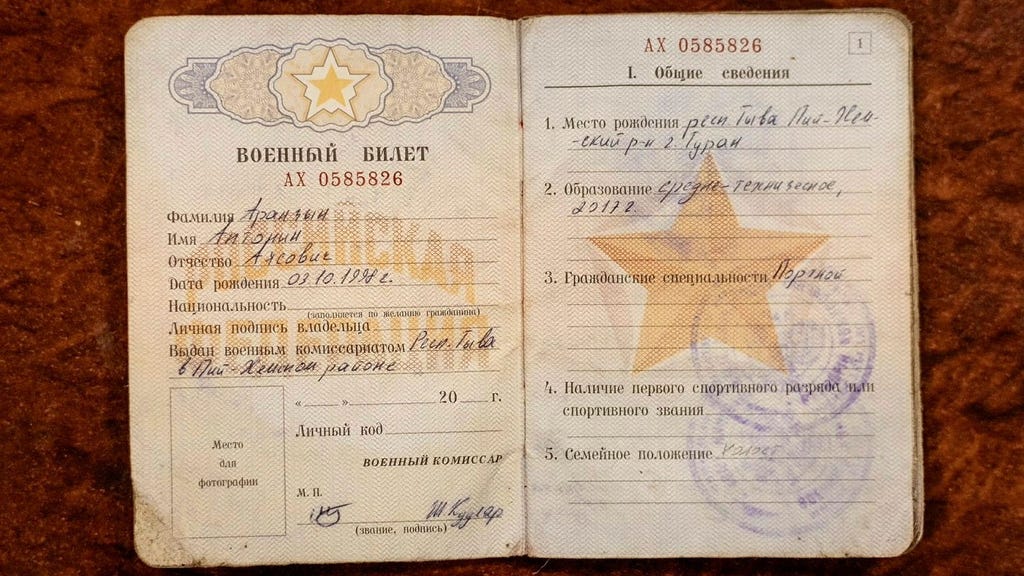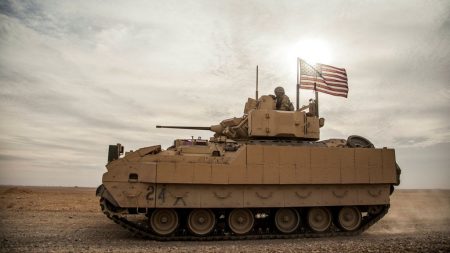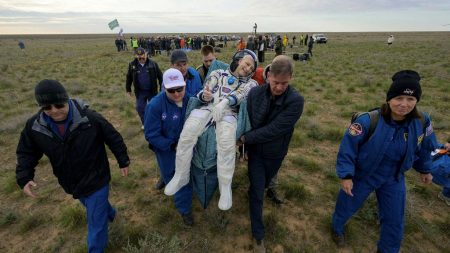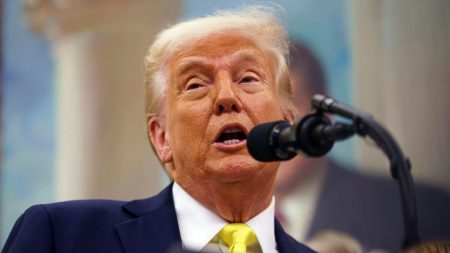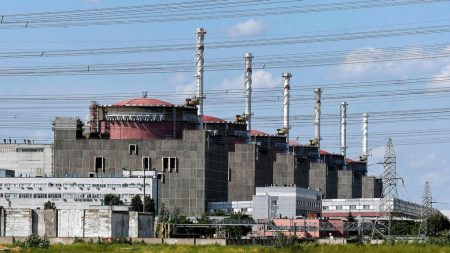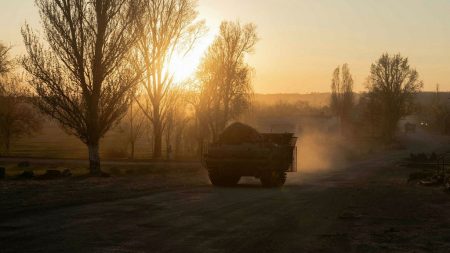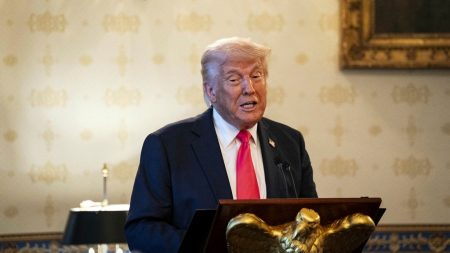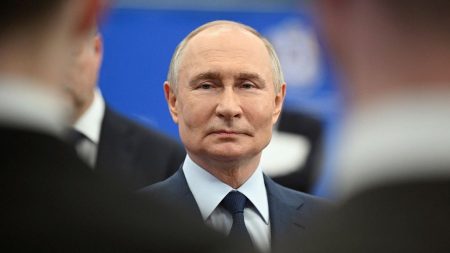The capture of two North Korean soldiers by Ukrainian forces has shed light on the murky circumstances surrounding the presence of North Korean personnel in the ongoing conflict. The discovery of a Russian identification document on one of the captured soldiers, coupled with the reported orders to avoid capture at all costs, paints a picture of covert operations and raises serious questions about the extent of North Korea’s involvement in the war and the knowledge and agency of its deployed soldiers. This incident offers a rare glimpse into the experiences of these individuals, thrust into a complex geopolitical battleground far from home.
The presence of North Korean soldiers fighting alongside Russian forces in Ukraine has been a subject of speculation and debate, with both countries officially denying such involvement. However, eyewitness accounts from Ukrainian soldiers and the recent capture provide concrete evidence of North Korean participation. The captured soldiers’ testimony, along with the recovered Russian identification, suggests a deliberate attempt to obscure their true identities and affiliations, potentially to avoid international scrutiny and repercussions for North Korea. This clandestine approach raises concerns about the transparency and accountability of both Russia and North Korea in their military operations.
The order given to the North Korean soldiers to avoid capture at any cost, potentially even through suicide, speaks volumes about the harsh conditions and pressures they face. This directive underscores the high stakes of their deployment and the lengths to which their superiors are willing to go to maintain secrecy and control. Such orders raise ethical questions about the treatment of these soldiers, who appear to be treated as expendable assets in a larger geopolitical game. The psychological toll of such directives on the soldiers themselves can only be imagined, adding another layer of complexity to their already precarious situation.
The limited information available about the captured soldiers’ backgrounds and motivations raises further questions about the nature of their involvement in the conflict. Were they volunteers, conscripts, or perhaps coerced into participating? The economic hardship and political repression prevalent in North Korea could create an environment where individuals are compelled to seek opportunities abroad, even in dangerous conflict zones. Understanding the context of their deployment is crucial to assessing the ethical implications of their presence in Ukraine and the responsibilities of both North Korea and Russia in their recruitment and deployment.
The discovery of North Korean soldiers fighting in Ukraine adds another layer of complexity to an already intricate conflict, highlighting the international dimensions of the war and the involvement of actors beyond the immediate belligerents. The presence of these soldiers raises questions about the nature of the relationship between Russia and North Korea, and the extent to which North Korea is willing to support Russia’s military ambitions. It also underscores the potential for the conflict to escalate and draw in other countries, further destabilizing the region and potentially creating wider geopolitical implications.
This incident calls for a deeper investigation into the role of North Korean soldiers in the Ukraine war, their recruitment process, and the conditions under which they are operating. International pressure on both Russia and North Korea is necessary to ensure transparency and accountability for their actions. Furthermore, the international community must consider the humanitarian implications for these soldiers, caught in the crossfire of a conflict far from home, and explore ways to ensure their safety and well-being. The capture of these two soldiers provides a crucial opportunity to understand the complexities of North Korea’s involvement and its implications for the broader conflict. It is imperative that this opportunity is not squandered, and that the international community takes decisive action to address the ethical and geopolitical challenges this situation presents.





